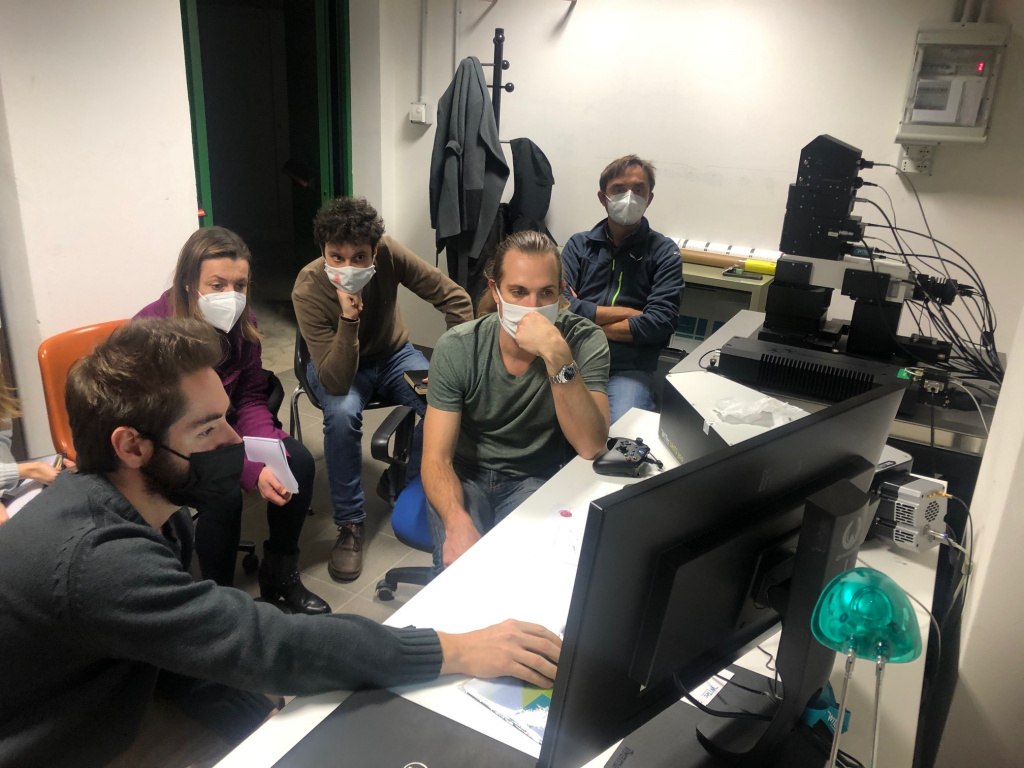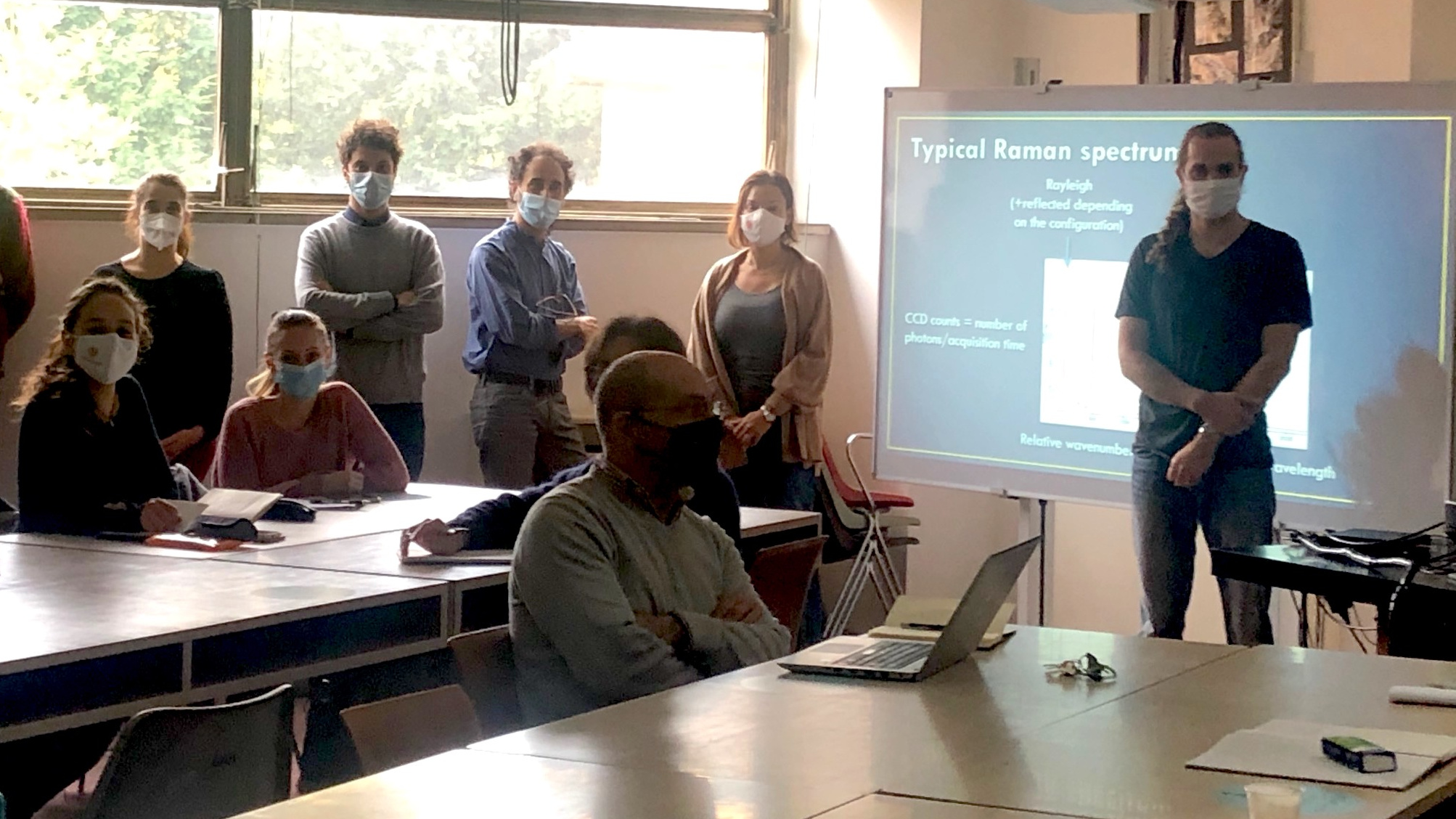Expert Exchange: Expert Exchange: Developing Synergies Between Exoplanet Research and Solar-System Analyses
Europlanet 2024 RI’s Expert Exchange Programme aims to support the planetary community to share expertise and best practice, and to prepare new facilities and services. The programme provides funding for short visits (up to one week).
Óscar Carrión-González of LESIA, Observatoire de Paris, visited Universidad del País Vasco / Euskal Herriko Unibersitatea in Bilbao from 18-23 December 2022.
Before the end of this decade, the first direct-imaging observations of exoplanets in reflected starlight will become available with the launch of the Nancy Grace Roman Space Telescope. A number of additional direct-imaging instruments observing in reflected starlight both on the ground and in space will become available in the next decades. This will enable the detection and atmospheric characterisation of a population of planets significantly different from that analysed to date. In particular, this technique will be sensitive to cold and temperate exoplanets with orbital periods similar or longer than that of the Earth. Part of the preparatory work for these missions is to determine the scientific output of direct-imaging measurements in reflected starlight.
The aim of this Expert Exchange visit was to combine the expertise of Óscar Carrión-González on direct-imaging observations of exoplanets with that of the host institution (the Planetary Sciences Group of the University of the Basque Country) on the atmospheric characterisation of Solar System planets. Solar System observations and atmospheric retrievals using Solar System data will be informative for similar analyses focused on cold and temperate exoplanets.
The visit focused on analyses of Neptune’s atmospheric perturbations as an analogue of the variability that might be present in cold exoplanets imaged in reflected starlight.
The host, Santiago Pérez-Hoyos, and the host group have a vast expertise on the use of the NEMESIS radiative-transfer and retrieval code. Óscar received training on how to initialise this code to produce synthetic spectra of the nominal atmosphere of Neptune with the models by Irwin et al. 2022.
During his PhD thesis, Óscar had developed an MCMC retrieval code for future direct-imaging observations of exoplanets in reflected starlight. During the visit, a strategy to couple the NEMESIS code with an MCMC retrieval methodology was discussed. This will benefit from the efficiency of MCMC methods to sample multi-dimensional spaces of parameters and the accuracy of NEMESIS computations for complex light scattering processes which take place in planetary atmospheres.
Óscar also gave a seminar to the host group on the topic of direct-imaging observations of cold and temperate exoplanets in order to explain the fundamentals of the technique, and foster discussion on possible Solar-System synergies.
The work developed during the visit is being continued and is expected to result in a scientific publication in a peer-reviewed journal.
Read the full report on the visit.
Expert Exchange Objectives covered by this visit: Training, Early Career Support.
Find out more about the Europlanet Expert Exchange Programme.
Next Call For Europlanet Expert Exchange Programme
The final call for the Europlanet 2024 RI Expert Exchange Programme closed on Wednesday 17 January 2024. Visits should take place between 1 February and 15 May 2024.



